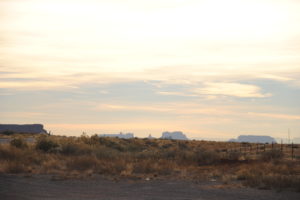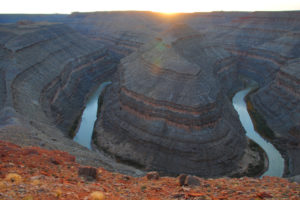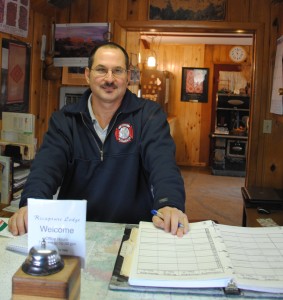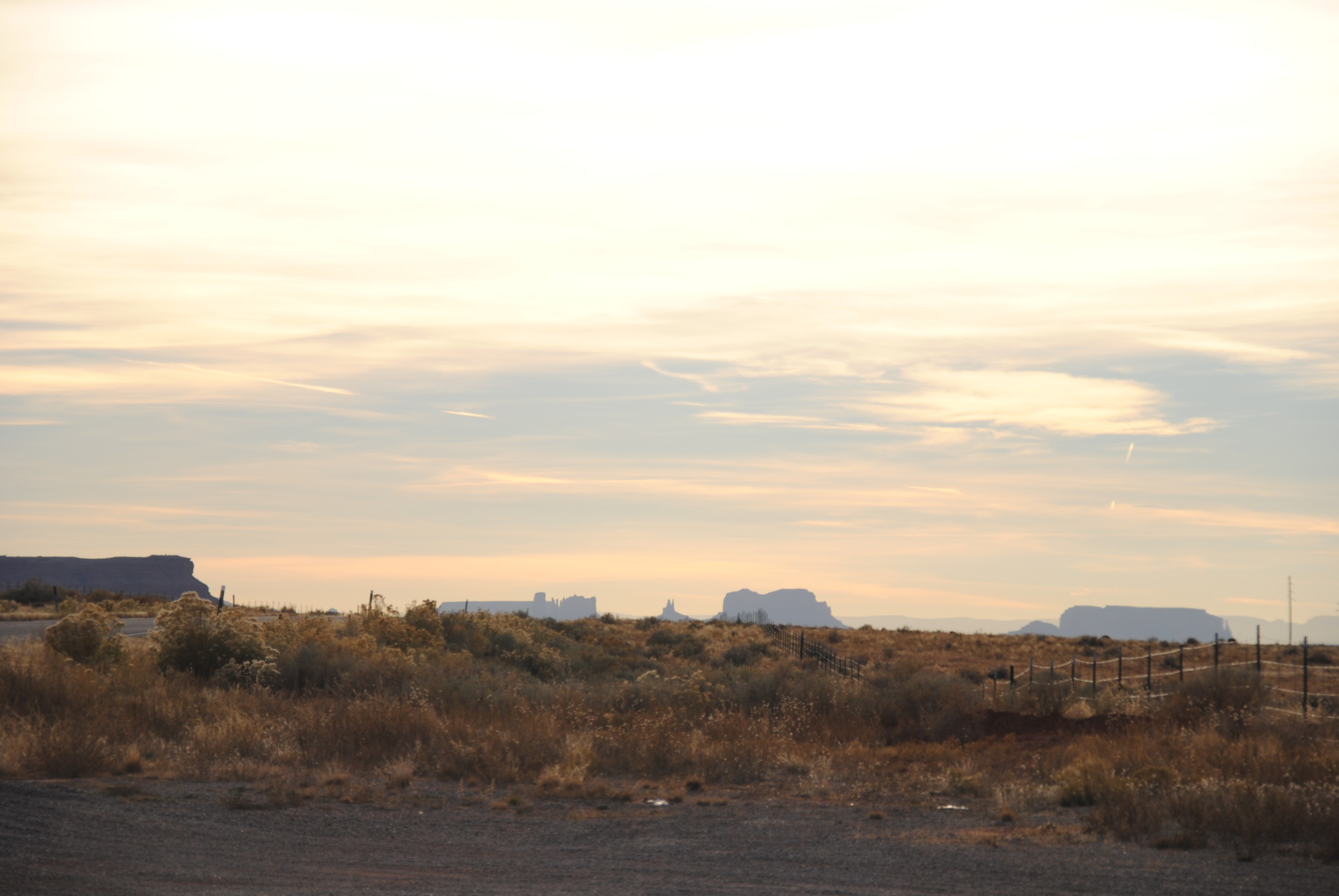When you think “small towns in Utah” you might imagine rednecks, truck stops and OHVs. Bluff, Utah defies all the stereotypes in the crowd of intellectual drop-outs they have attracted.
By the 1930s, Bluff had become a town that was used up and discarded.
From the time when it was settled by Mormon pioneers in 1880, Bluff was hostile Indian territory and was intended to be settlement mainly for the purpose of making peace with the Navajo Indians and expanding the Kingdom of Zion. Life was difficult for the pioneers. Bluff’s hard, sandy soil was extremely difficult to plow, and the growing season was short and harsh.
But once settlers found that cattle thrived in the lush grass valleys, Bluff became a excellent place for livestock. “A lot of people became very wealthy thanks to the cattle industry,” says Steve Simon. As a result of their success in the cattle business, some of the earliest settlers realized fortunes in livestock and erected huge stone mansions. But the income from cattle ranching wouldn’t last forever.
Without taking even the most basic measures to prevent over-grazing, the thick, tall grasses came back weaker every spring, and cattle ranching on the prairies throughout the entire four corners region suffered greatly. By this time the Navajo Indians were “pacified” and moved onto reservations. There was little reason to stay, and most of the original 220 settlers and families moved away.

After the 1930s, Bluff could have become a ghost town, but a new group of people bought land and mansions in the middle of nowhere. “My grandfather was one of the original outlaws that settled in Bluff after most of the Mormons moved out,” says Steve Simon. Steve, along with his brothers, are the current proprietors of the Twin Rocks Trading Post. From then on, Bluff would be predominantly defined as a town of outlaws and misfits, and still today the town is inhabited by 90 percent non-Mormons, making it an anomaly for the area.

The residents of Bluff break all the stereotypes associated with small towns, especially in Utah. No one is a better example of this than quick witted and articulate Andrea Carpenter. Andrea’s coffee is legendary for the area, “I get more satisfaction from the compliments on my coffee than I ever received doing research.”
“We have the most advanced degrees per capital in Utah,” said Steve Simon.” I assumed he must have been joking. He continues, “We have more people with PhD’s and more attorneys—simply more educated people than any other place that I know of.” Simon eventually tells me that besides working out of his Indian trading post, he has two law degrees. I come to find out that Bluff is a town of drop-outs.
“I moved here for the spaciousness,” says Gary Lichtenstien. Giving up the “good life,” a degree from Stanford and a very promising career in education, Lichtenstien says he went on a personal journey to discover “quality of life.” He found himself in Bluff, Utah 11 years ago, and was compelled to lengthen his stay from a few days to two weeks, “Then I found a place to rent.
I thought I would stay two months, and it turned into two years.” Now going on 11 years in Bluff, Gary says he realized his colleague’s obsession with work, identity, and tenure was not the “quality of life” he was looking for. But life in Bluff he finds very satisfying.
Gary has several part time positions in Bluff. He is an attendant at the Recapture Lodge, and he also serves on the volunteer fire department, and attends most city meetings.
But he is still able to make the majority of his living wages using his advanced degree from Stanford working remotely. “Everybody here is part-time. Many people do tele-commuting and consulting work.”
Gary takes the community spirit of Bluff seriously. He doesn’t believe that anyone would be happy in Bluff unless they determined to take an active roll in participating. Gary adds, “whenever there has been tragedy, the community comes together like an extended family. . . We are great at tragedy but
terrible at controversy.”
Don’t Talk About The Sewer Line that could jeopardize Bluff’s unique charm and character
Talking to several in the town, I find that there is an issue that most in Bluff would rather not speak about, due to the wounds it has inflicted from the heated debates.
The contentious issue is whether to build a sewer system and water treatment facility or stay with the current system of private septic tanks. The underlying issue is growth. A sewer line would facilitate more development and tourism. The status quo limits the town’s size and potential. Gary warns me, “Don’t bother trying to write about it, several papers have attempted to cover the issue and only have only made matters worse.” Despite the potential juiciness, I’ll take his advice. But the sensitive nature of the subject, is evident in how pristine the wilderness is.
Bluff is a very sparsely populated town of about 300 people. When I ask what the primary economic activity is, residents pause and need to think. Most conclude it’s tourism. Nearly every person I encounter in Bluff is a telecommuter, in some fashion. Many have consulting businesses that they can operate from anywhere. Choosing to live in a small remote town, where community is still king, while earning income in the “virtual world” is a fascinating proposition that seems to have worked well for many here.


